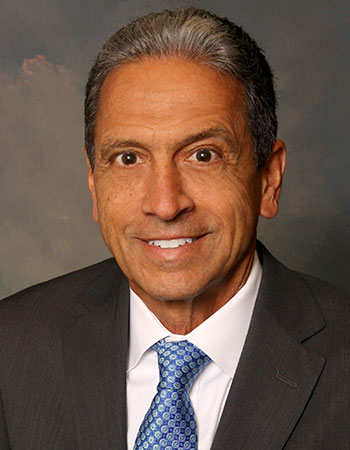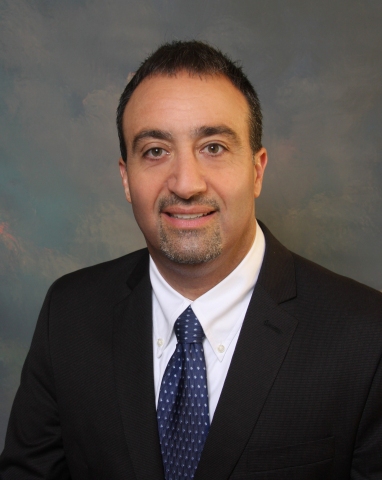
ArunA Bio Adds $13M to Coffers, Research Triangle Presence

ArunA Bio, a bioscience company with a platform technology developing biologic particles called exosomes to treat neurodegenerative disorders, is expanding its footprint into North Carolina – and adding $13 million to its bank account.
The company announced this morning that it has completed a $13 million common stock financing from existing and new private investors, along with participation by several institutional investors including Eshelman Ventures, and members of the board of directors and management.

ArunA is a spin-out of the University of Georgia in Athens, where co-founder Steven Stice, Ph.D., established a foothold in stem cell therapy researching, manufacturing and marketing neural stem cells for leading research institutions around the world.
In January Stice turned over the CEO role to long-time Triangle pharmaceutical executive Mark A. Sirgo, Pharm.D., so Stice could focus on directing the company’s R&D efforts as chief scientific officer. Sirgo had retired in late 2017 as president and CEO of Raleigh-based BioDelivery Sciences, where he built the company and led it through three U.S. Food and Drug Administration approvals and subsequent commercialization. That was after 16 years of leadership positions with Glaxo, Glaxo Wellcome, and GlaxoSmithKline.
About three months after Sirgo joined ArunA, another former BioDelivery Sciences and Glaxo Wellcome executive, Al Medwar, joined ArunA’s executive ranks as executive vice president of corporate and commercial development.

That puts most of ArunA’s 20 employees in its Athens, Georgia research and manufacturing facility, with key corporate leadership expanding in the Triangle.
In September 2018 the company raised $5.3 million from angel investors, opening the door to further development of its proprietary neural exosomes both as a therapeutic and as transport vehicles capable of carrying therapeutics through the hard-to-breach blood-brain barrier. Harmlessly piercing the brain’s protective shield with drugs and biologics that can slow or halt brain degeneration has been an elusive goal of the pharmaceutical industry for many years.
ArunA believes an elegant answer to the problem rests with its neural exosomes, which are micro-sized naturally occurring biologics that are produced by stem cells. They play a central role in the body’s important cell-to-cell communication function, and have the potential to connect with cells in otherwise hard-to-reach parts of the body, particularly in the brain and central nervous system. That enables ArunA to outfit them with “payloads” such as drugs, proteins and even RNA and DNA and use them to target diseased cells and facilitate their repair.

About half a dozen other companies are developing exosomes for various therapies, but ArunA believes its proprietary neural exosome platform is the only one specifically targeting neural diseases such Huntington’s and ALS, as well as stroke.
“The level of interest and enthusiasm we encountered from investors during this financing effort and the fact that it was oversubscribed speak to the interest and excitement around the data we have generated and prospects for the use of our neural exosomes as therapeutics and a delivery vehicle for treating devastating neurodegenerative diseases,” said Sirgo, in announcing ArunA’s new funding and RTP footprint.
“We appreciate the support of both existing and new investors and look forward to building shareholder value as we progress our neural exosome science towards meaningful products for patients.”
The company plans to use the proceeds on development of its exosome technology so it can begin the process of government approvals. ArunA also plans to hire “key personnel” and expand its proprietary manufacturing capabilities to meet future regulatory requirements.
The company is also seeking partnerships with other pharmaceutical and biotech companies focusing on neurodegenerative diseases, to further develop opportunities for ArunA’s neural exosome platform.
